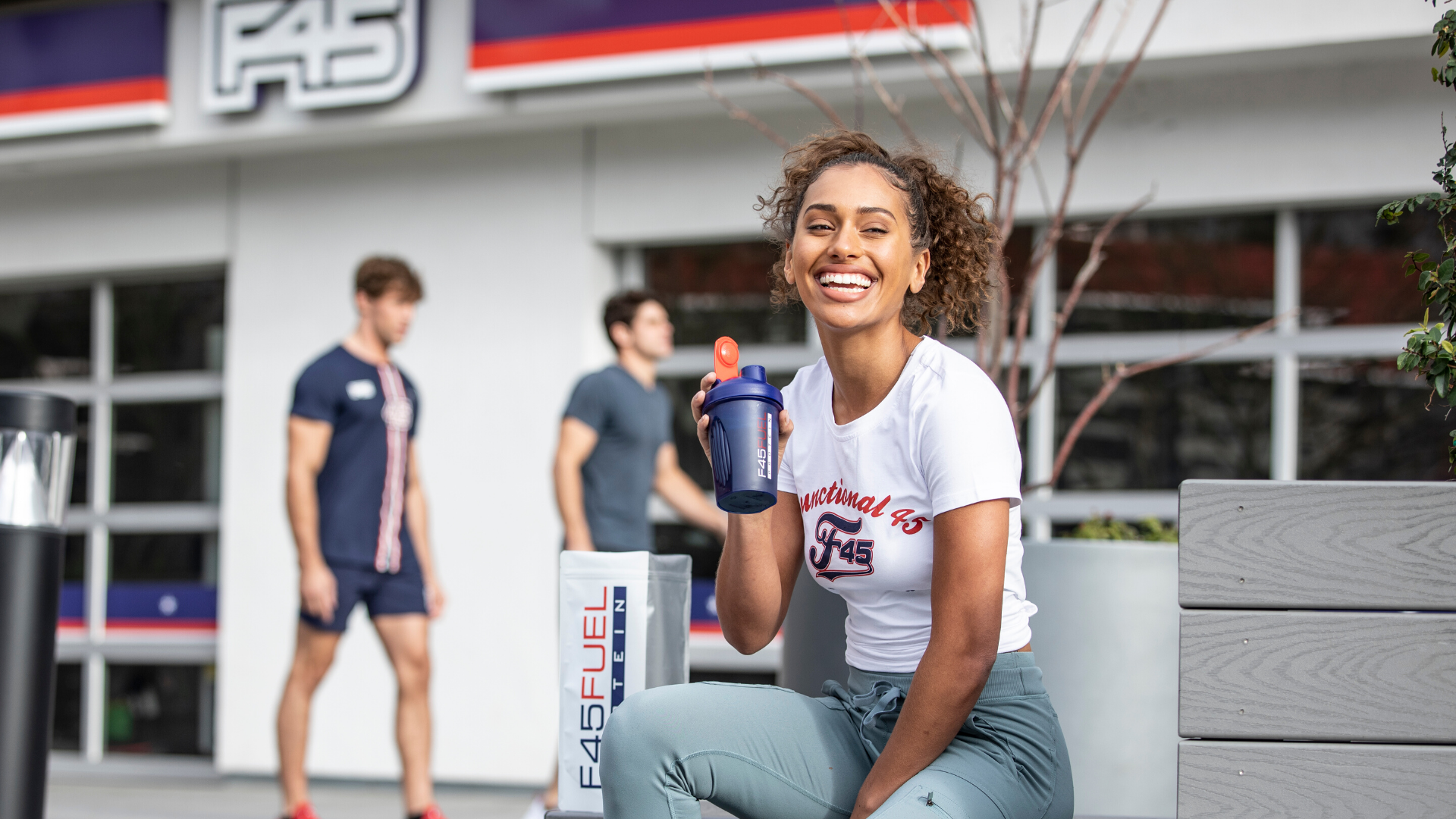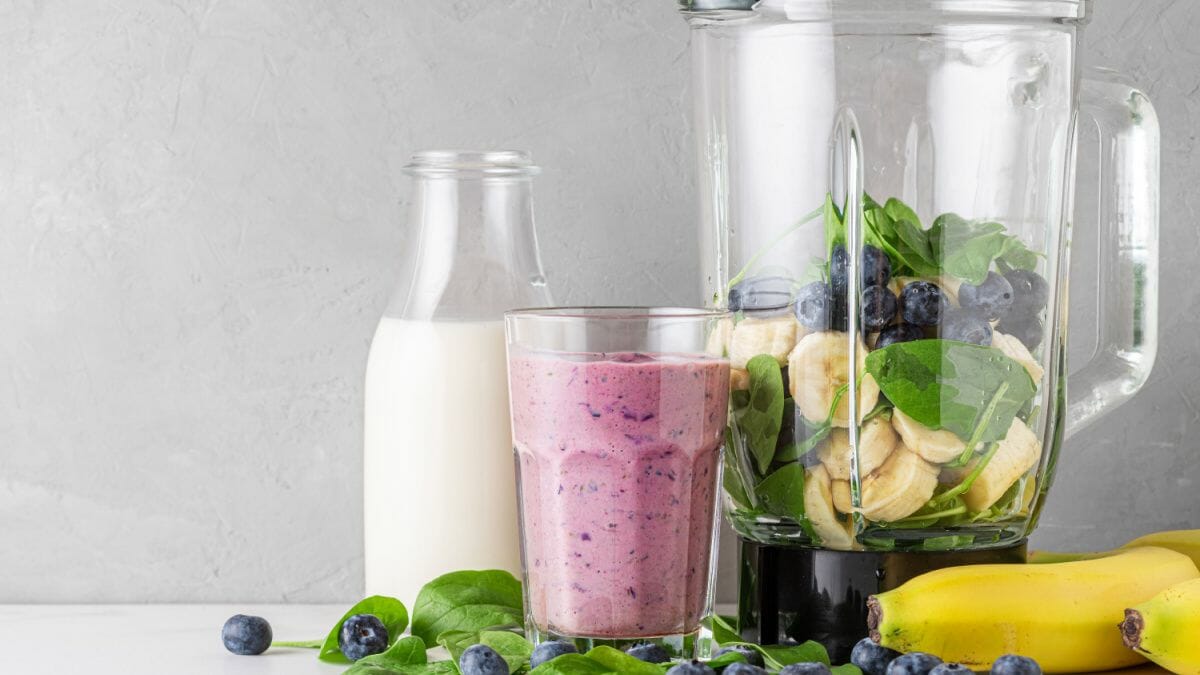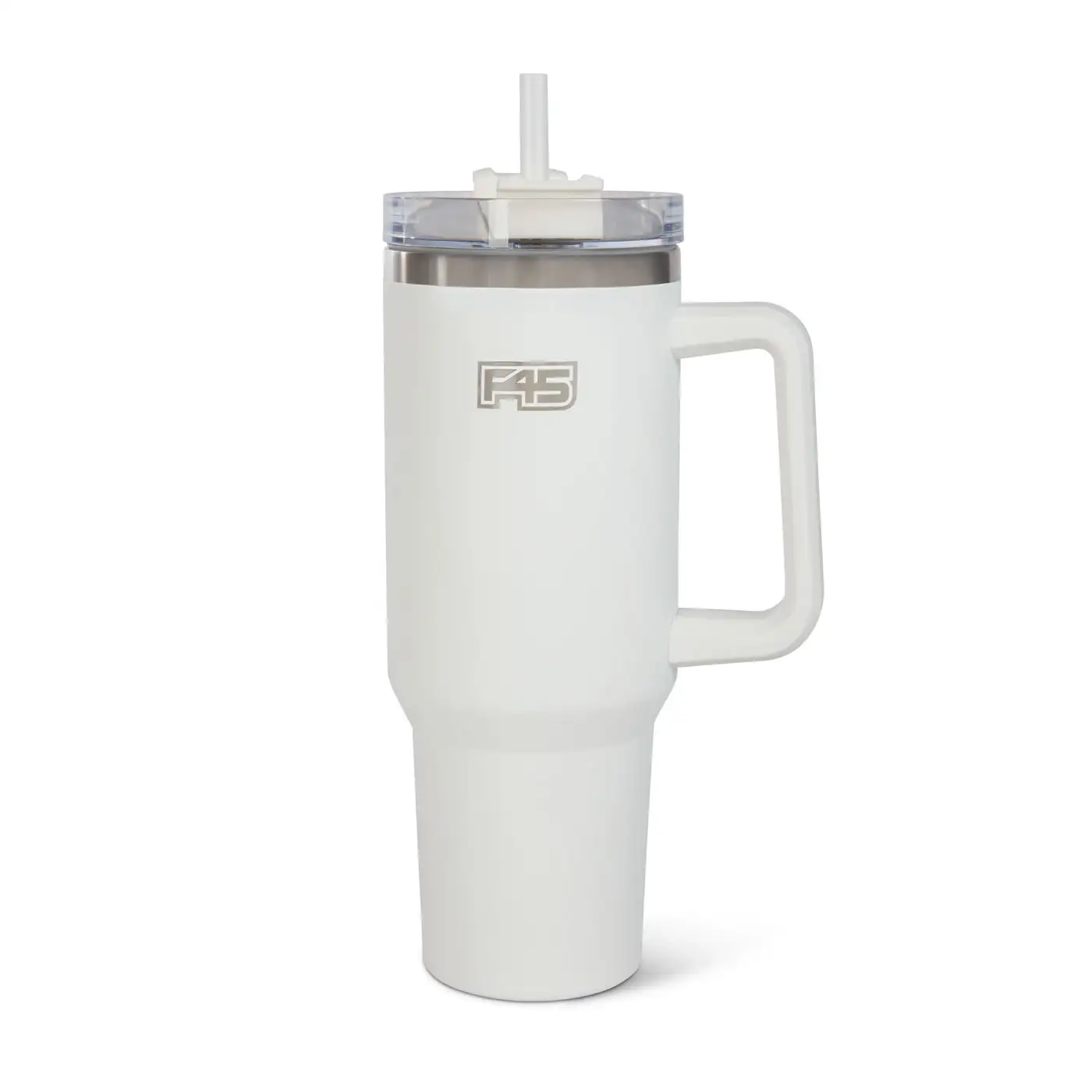
Protein intake is a key component, not only through the key phases of the Challenge but also in the Maintenance Phase. It’s critical for recovery, hormones, enzymes, and antibodies, and of course, muscle protein synthesis for lean muscle development. Protein synthesis is essential to keep our body running efficiently, as lean muscle increases metabolic rate and allows us to burn fat more efficiently during exercise.
Importance of protein in maintenance
Protein consumption after training is extremely important to optimize the recovery process and provide essential amino acids as well as B vitamins and iron. Protein consumed within 20-30 minutes after a workout will optimize training adaptations and aid in the recovery of muscle and other tissue. During Maintenance, the importance of incorporating protein into our daily eating routine is essential to stay on track with your long-term goal, whether it’s fat loss, athletic performance, muscle building, or overall health.
Adequate protein intake without overdoing it will not only be metabolically beneficial but will help you take on the next Challenge in full gear.
Can we overdo protein intake?
Protein consumed in excess is not used for muscle development—instead, it’s used for non-protein body functions while being converted to and stored as fat. Additionally, your body can only absorb so much protein at one time (between 25-30g in one sitting). Therefore, instead of consuming all protein into one meal, it’s best to spread it out over a few meals throughout the day to maximize uptake within the body.
Therefore, before stocking up on protein bars and protein powders, it’s always a good idea to understand your recommended daily allowance for protein.

Determining protein needs
When determining daily protein needs, you can utilize a percentage of total daily calories or specify the number of grams of protein to consume each day. Therefore, before identifying protein needs, it’s important to determine the estimated number of calories you burn each day.
Protein should consist of approximately 15-35% of total daily macronutrient intake. The protein dietary guidelines based on the USDA (United States Department of Agriculture) dietary guidelines are as follows:
- For an average healthy adult: 0.8-1g protein per kilogram of bodyweight (0.4-0.5/ lb)
- Regular aerobic endurance training: 1.0-1.6g per kg of bodyweight (0.5-0.7g/ lb)
- Regular strength training: 1.4-1.7g per kg bodyweight (0.6-0.8g/lb)
For building lean muscle, approximately 30-35% total daily calories should come from protein. For weight loss, studies suggest that between 15-30% of total daily calories should come from protein. If exercise is a part of your daily routine on a regular basis, your daily caloric intake of protein should be on the higher end (25-30%) to ensure muscle mass is sustained. It’s important to note that while the above provides a general guide for protein consumption, intake may largely vary depending on gender, age, activity level, total daily calorie requirements, and our long-term physique goals.
Quality sources of lean protein to include in Maintenance
It’s best to spread dietary protein intake out throughout the day in meals and snacks, particularly post-exercise, to maximize uptake within the body. Before protein powders and supplements, our Nutrition team recommends whole foods first, including wild-caught fish, organic chicken, lean turkey, legumes, eggs, and grass-fed beef. Additionally, ideal plant-based sources of protein include legumes, nuts, tofu, and seeds. A quality protein source with a good ratio of essential amino acids that your body needs to grow, repair, and maintain optimal function.














